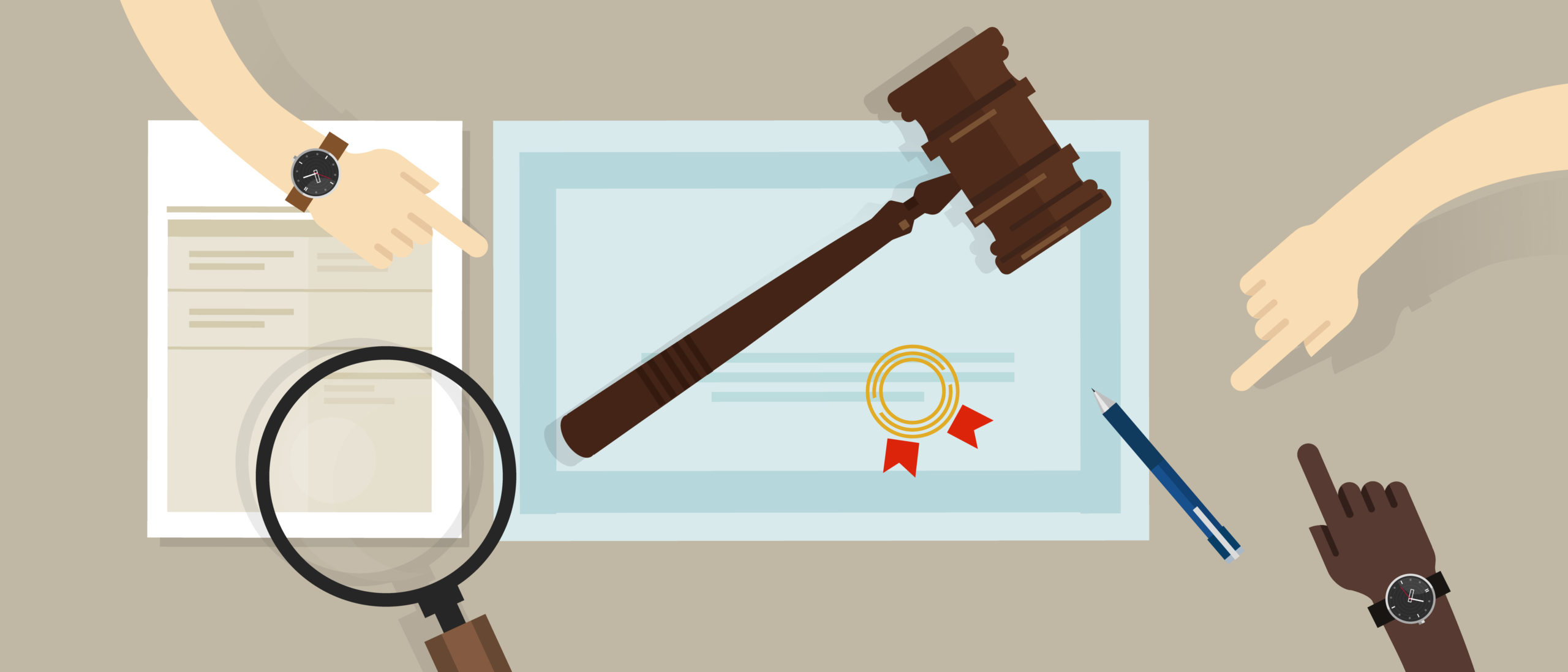While it can be emotional to imagine the state of a business after your passing, it can prove crucial in the protection of your legacy. The reality is that your sudden passing can lead to thousands or millions of dollars in losses for your business, and even starker consequences for your family
What is a Legacy Business?
Your legacy is what you leave after you pass away. A legacy business, in turn, is your business that remains for others to take over after you are gone. Legacy companies are also those that remain when a larger company dissolves.
Ultimately, your legacy might be more than your parents and children: You may want to not only protect the ensuing generations in your family, but also your wider community. Professionals can help you determine what kinds of donations or trusts to leave to universities or other meaningful entities in your life.
How can I Protect my Small Business?
To ensure your small business is protected, you must first identify your goals. Would you like your business to die with you? Would you like it to pass to your children or grandchildren? A detailed succession plan will help ensure that your business lands in the right hands.
An estate plan is also a crucial part of passing on your business and assets to your family. This is most often manifested in a buy-sell agreement—this provides a plan for how your business is distributed upon your death, where the shares of the company might go, and if any individuals are prevented from involvement in your business or its assets.
Next, you should determine how to minimize the tax exposure of your estate to the greatest extent possible. This might entail maintaining current financial books, and determining your business valuation. Financial advisors and estate-planning attorneys can help you determine your tax exposure, and how to structure a transfer of the business to your family members.
It is important to define roles, not only in terms of who will lead the business after you, but also in the way procedures are carried out at your business. Be sure to document any and all processes so that a business transfer or role transition can go smoothly.
Another way to protect your business is through life insurance, or what is sometimes called key man insurance. This helps a company pay debts and other costs if a critical employee dies or can no longer work.
How do I Start a Legacy Business?
A succession plan includes not only who will run the business after you, but how the ownership of the business will be structured when passed on, tax implications, or a buying out process should a future owner not want to be involved.
Why do Business Owners form a Trust?
Business owners form trusts in order to preserve their assets and grow their companies once they are gone. Revocable trusts can also provide benefits to you and your survivors. Professionals can also help you look into I.R.A benefits and exploring gift giving programs to transfer stocks to your family.








